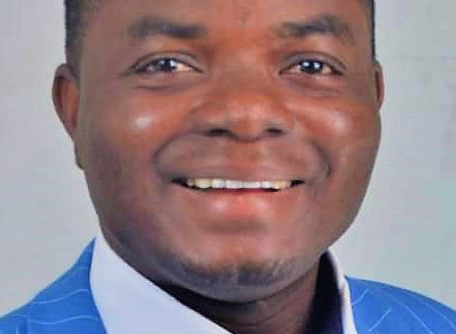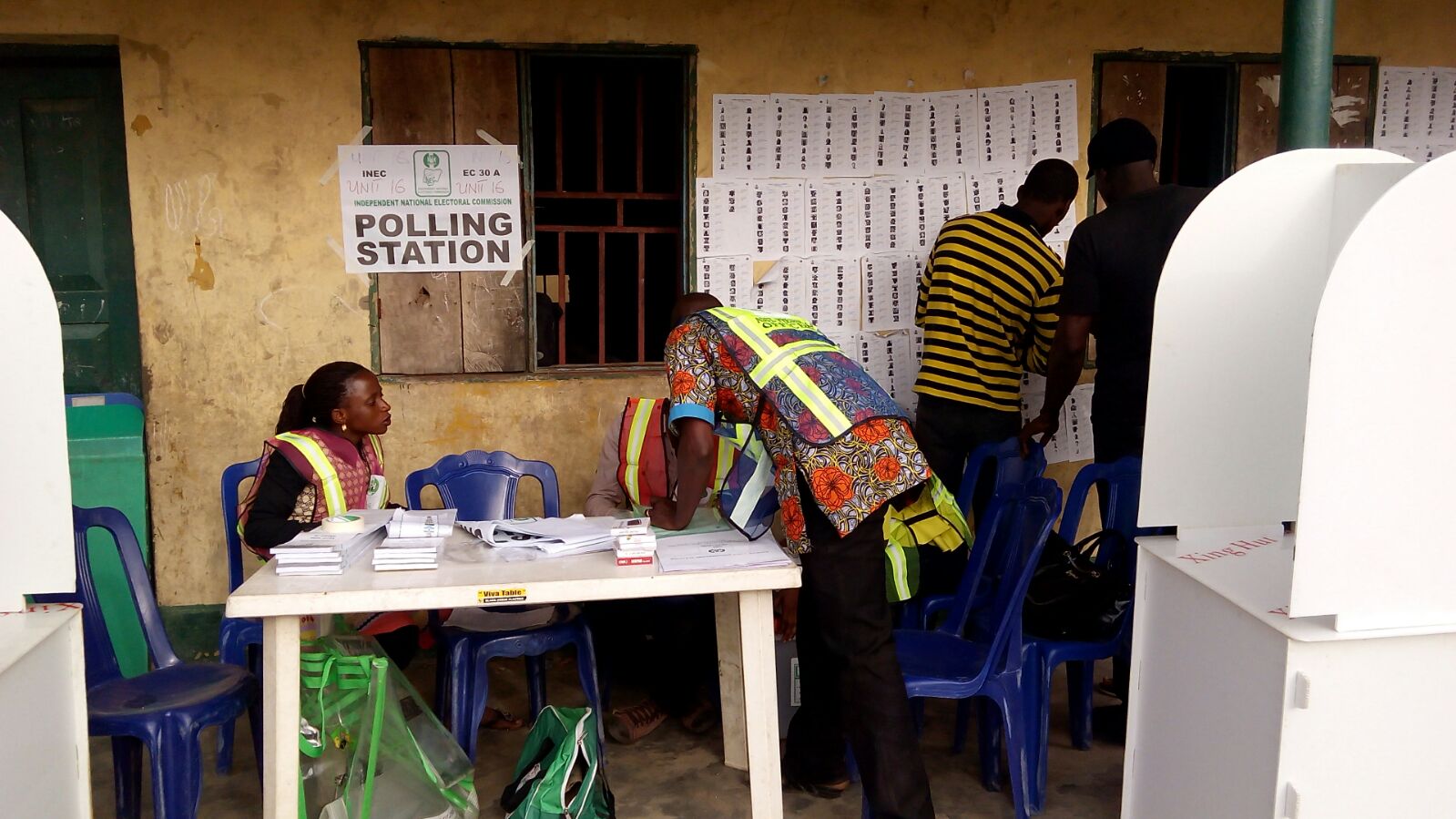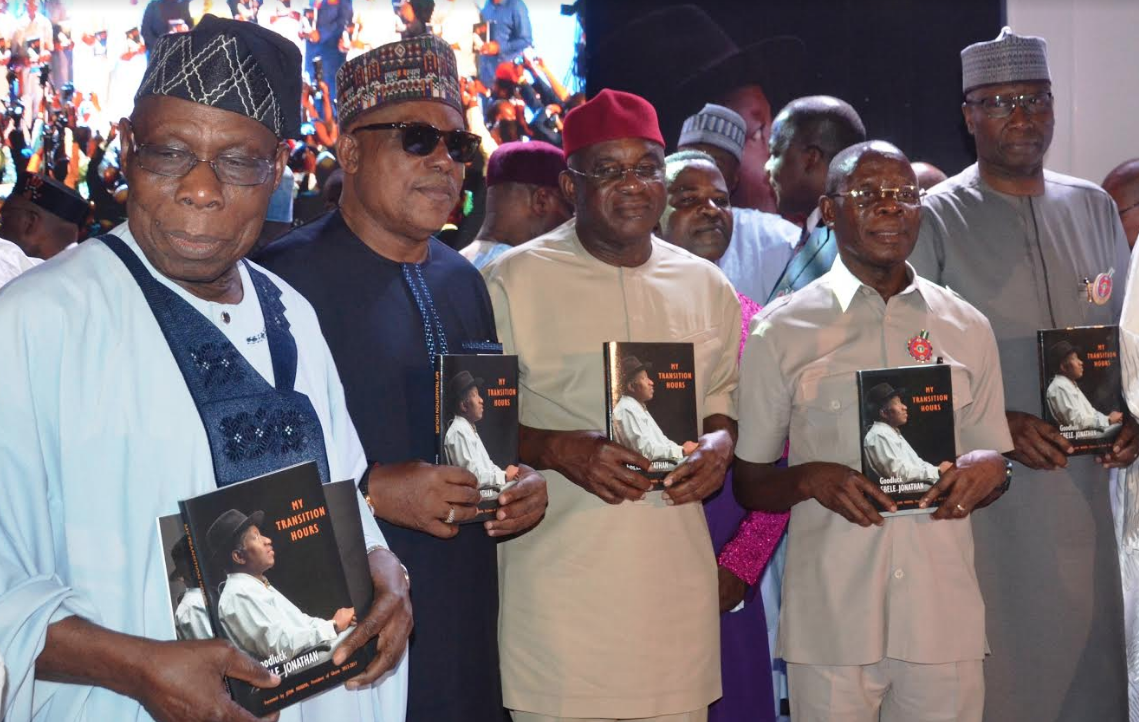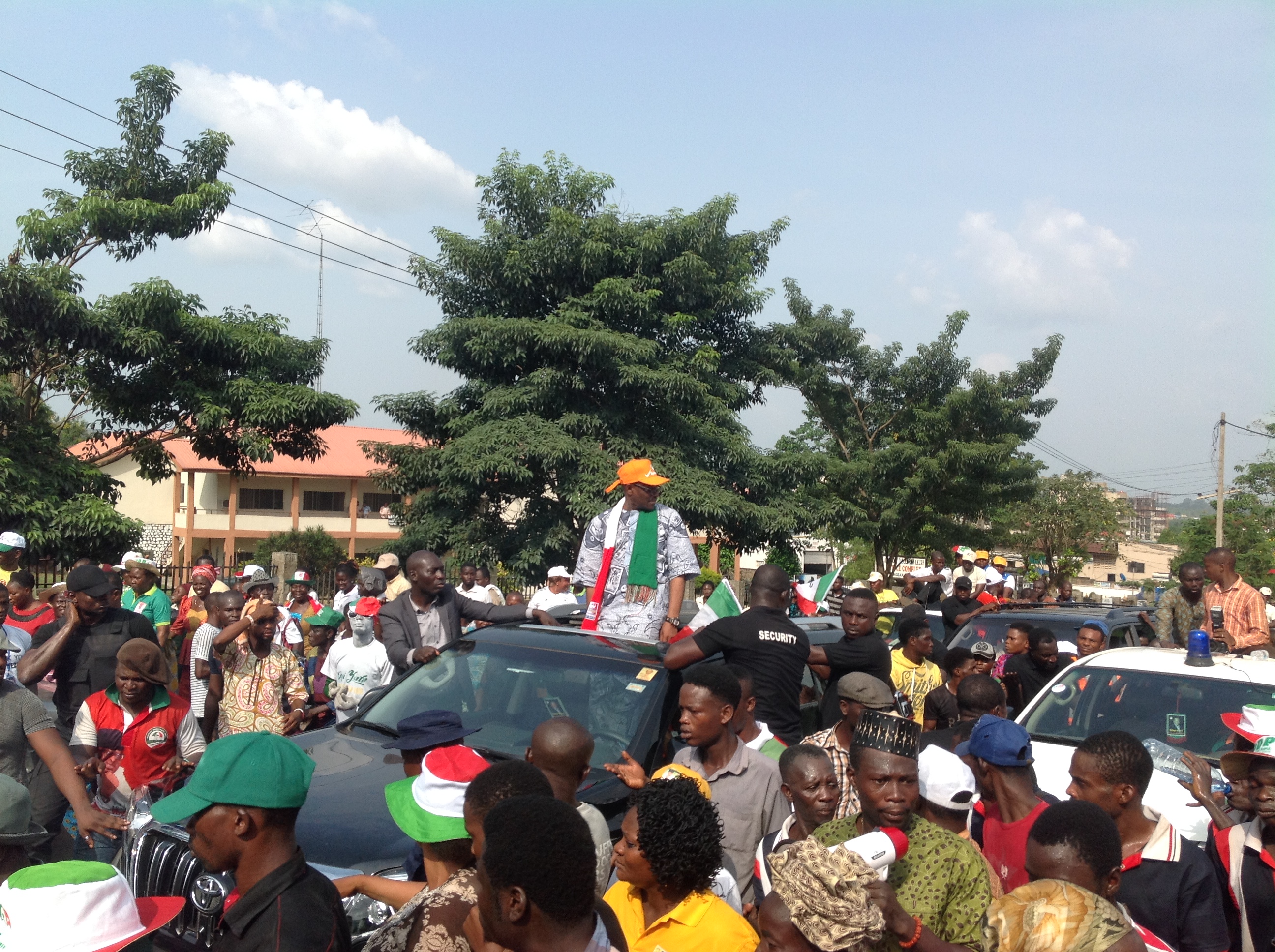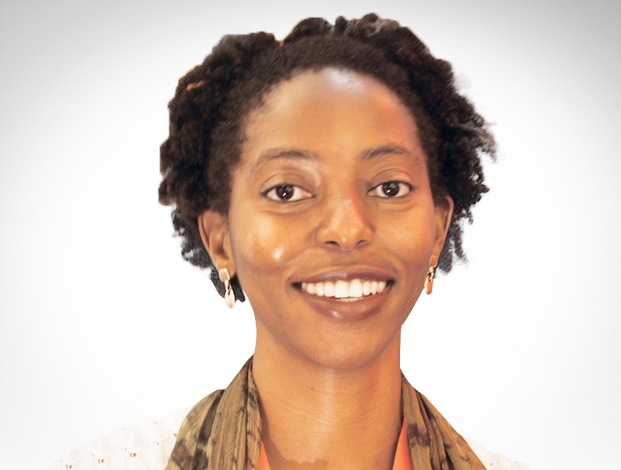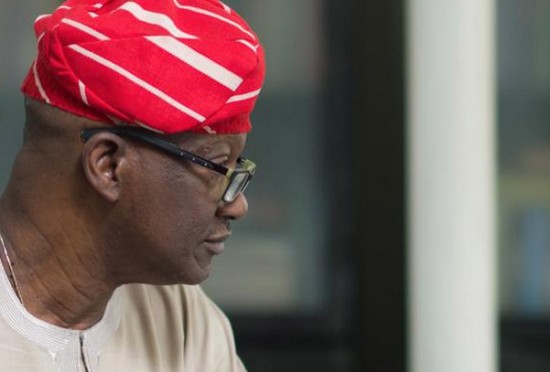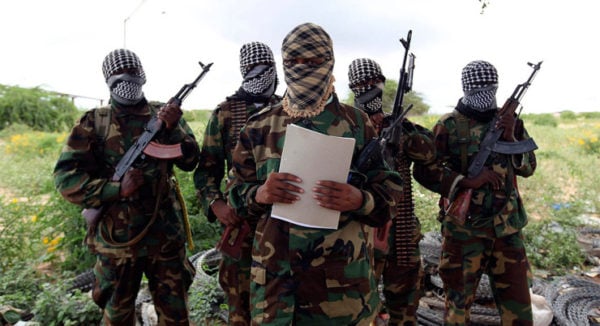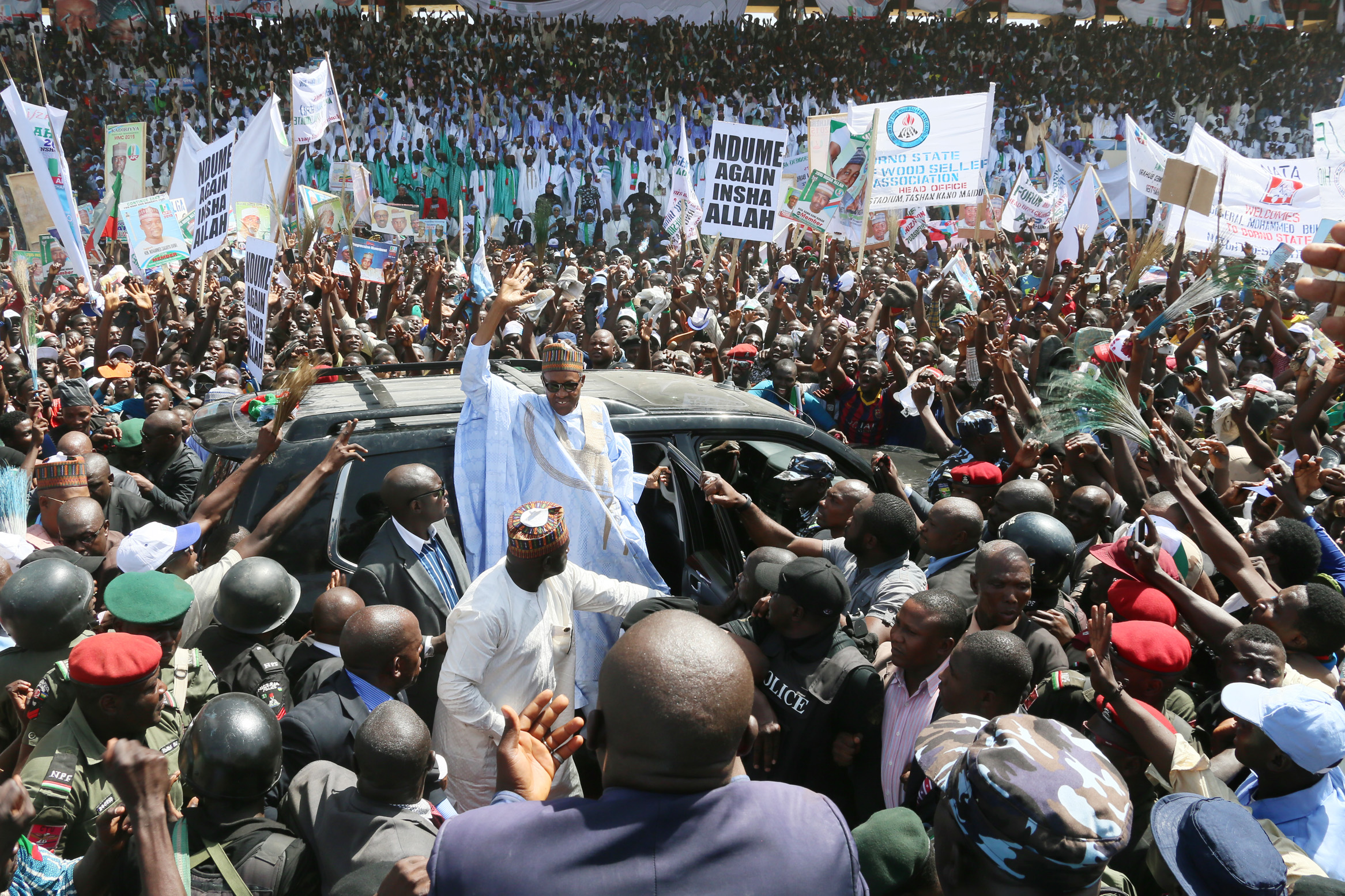INEC officials getting ready for accreditation
In June 2018, a report by the Brookings Institute showed that Nigeria has the highest number of poor people in the world–with over 80 million Nigerians living on less than 1.90 dollars a day. It also means that over half of Nigerians live from hand to mouth. It means that they live on less than N700 every day. This statistic is paradoxical: Nigeria is not a poor nation; Nigeria is wealthy only that its wealth is stuck in a few hands. In the coming days, as elections beckon, things will be worse, existing inequality will be more obvious.
Nineteen years since Nigeria’s return to democracy, one thing has remained. Election after election, the few wealthy Nigerian politicians seeking elections use the “inequality” in the system as a tool to win votes. They campaign and make the same promises year-in, year-out. During the campaigns, they package the “tools of inequality”, items that can give the masses immediate satisfaction, only to make them strong enough to walk to the polling booth –three onions in a bag, a few congos of rice, bottles of oil, N4,000–all with the grinning politicians’ faces or names slapped on the nylon. Many calls this vote buying but it is also an unspoken contract: “you take this, I take your vote. I take your vote, I take your voice to dissent.” So, right as this contract is being executed, the masses, for the first time for many, grab all that they can get because there is no assurance of tomorrow.
The cycle continues as the selected few representing the majority use the undesired condition of their people to further widen the gap already created by the unequal distribution of power, opportunities and living condition. Once they are in their offices, they no longer remember their promises to the people, they no longer remember the plight of the disadvantaged majority. The status quo remains the same: the roads still have potholes, there is still no electricity, the healthcare centres remain death traps, and the schools remain in bad conditions. With all these in place, the poor further move down the ladder of the society, the rich move further up the ladder of the society. They wait again for the next cycle when they will go back to their constituents bearing food that can quench hunger for only a day.
Income distribution easily comes to mind whenever inequality is being discussed. This is glaring in Nigeria. Let us take a look at the minimum wage. A civil servant in Nigeria that earned a minimum wage of N3,000 @ N21 to $1 during the last military reign is almost three times richer than a civil servant of today earning N18,000 @ 305 to $1. Yet, improved civil servants’ welfare is always a campaign song. While every four years, democracy is entrenched, the leaders do not do enough to reduce the gap created by inequality. Rather than embark on life-changing policies, they are focused on the new strategies to plunder. It is a shame that many representatives at the National Assembly continue to insert items into the budget, continue to receive allocations for the executions of those projects, yet only a few execute the projects, even fewer complete the projects.
Advertisement
A look at the kinds of projects being implemented further shows the many forms that inequality takes. According to Tracka, 54 billion nairas in the 2017 budget were allocated to empowerment projects. These are not infrastructure driven projects; they include the disbursement of things like bikes, grinding machine, generators, and more. Empowerment projects are difficult to track, neither do they translate to any sustainable change in the lives of the masses. So, while they circulate among a few hands, largely party loyalists, the real infrastructure that can change the society–education, power, transportation, healthcare system–continue to rot.
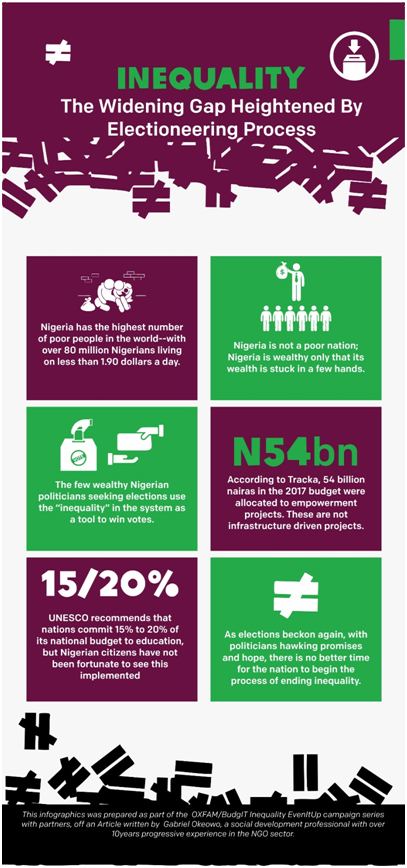
The state of education in Nigeria is appalling even though every manifesto by political parties since 1999 has highlighted education as a cardinal point to endear voters. Fours year come, four years go; four different presidents have ruled and not one has made that significant change that the Nigerian people desire in the education sector. Politicians have been more empowered to send their children to the best schools in the world at the expense of the future of the Nigerian populace. UNESCO recommends that nations commit 15% to 20% of its national budget to education, but Nigerian citizens have not been fortunate to see this implemented, thereby creating increased decay in the sector and less opportunity for the low-income earners’ children who rely solely on government provision for the education sector.
Advertisement
The ineptitude in the education sector has created poorly educated citizens and given rise to the number of unemployed youth and miscreants on the streets who become political thugs. While the elected politicians protect the future of their children by securing for them promising jobs, the children of the masses wallow here in abject poverty. This decreases value for human life and dignity.
As elections beckon again, with politicians hawking promises and hope, there is no better time for the nation to begin the process of ending inequality. A good starting point is to see the commitment of the government in improving budgetary allocation to sectors that particularly promote human capacity development and improve the standard of living. The media can also start interrogating political office seekers to know how they intend to contribute to closing the widening gap of inequality. Voters themselves should ask for a clear agenda by political aspirants on how to improve health, environment, education and more. For inequality to end in Nigeria, everyone has a role to play. There is no better time to start acting than now.
Gabriel Okeowo is a social development professional with over 10years progressive experience in the NGO sector. Gabriel have background in behavioural science (Bsc. Sociology) and a Master Degree in Project Development and Implementation (MPDI) and currently in view of Master in Public Administration. He also possesses skills and Certification in Data Processing and Management Information System (DPMIS).
This is part of OXFAM/BudgIT Inequality EvenItUp campaign series.
Advertisement
Views expressed by contributors are strictly personal and not of TheCable.
